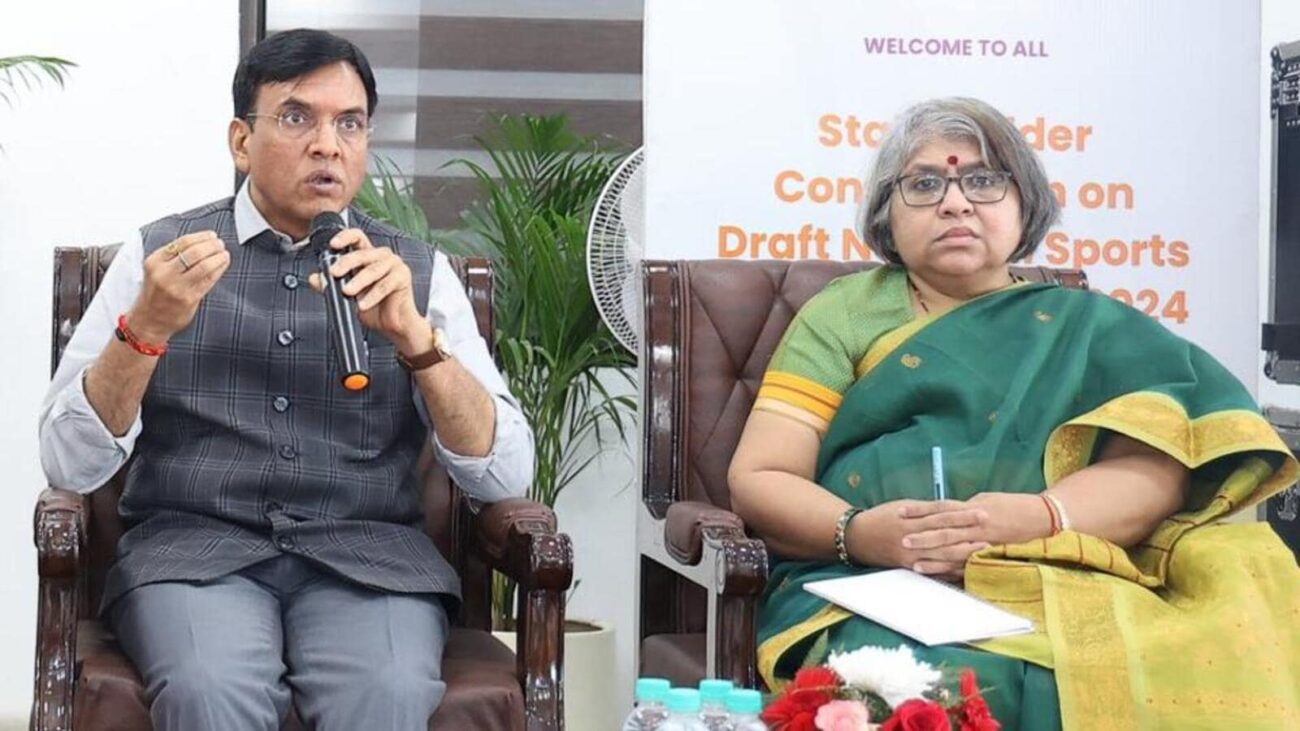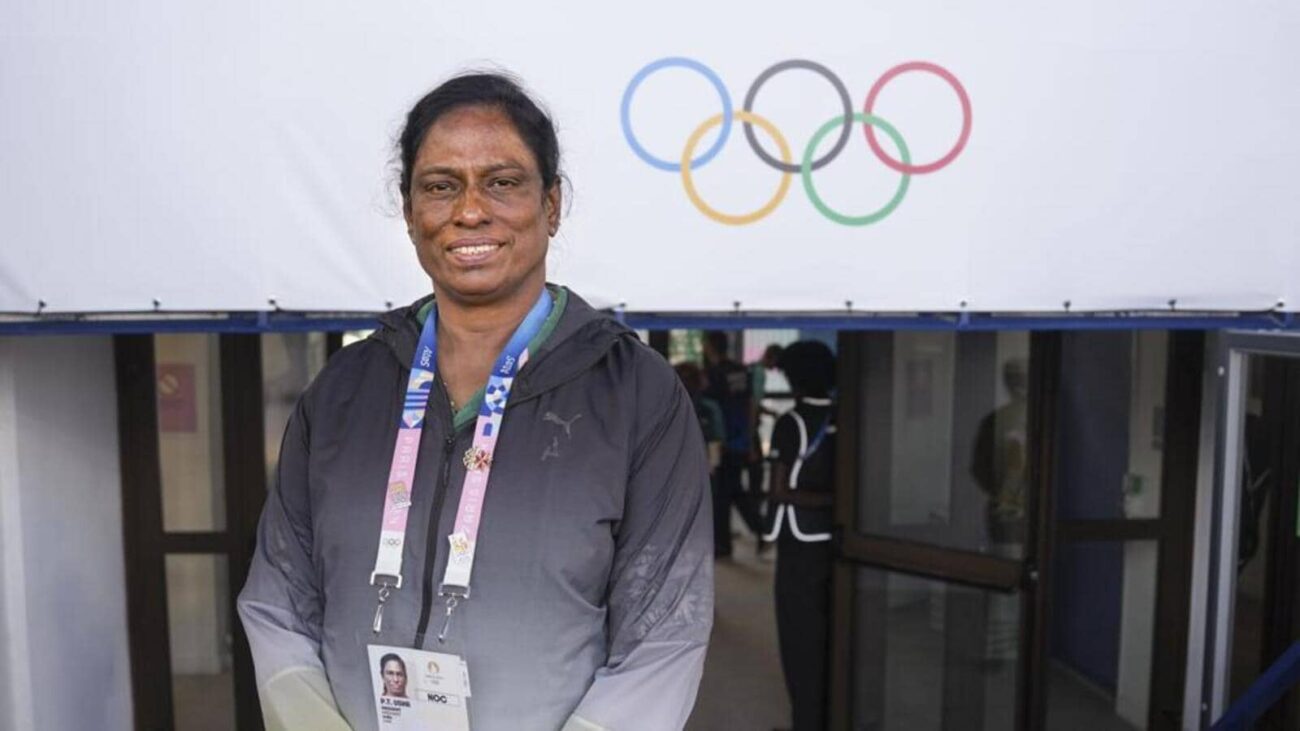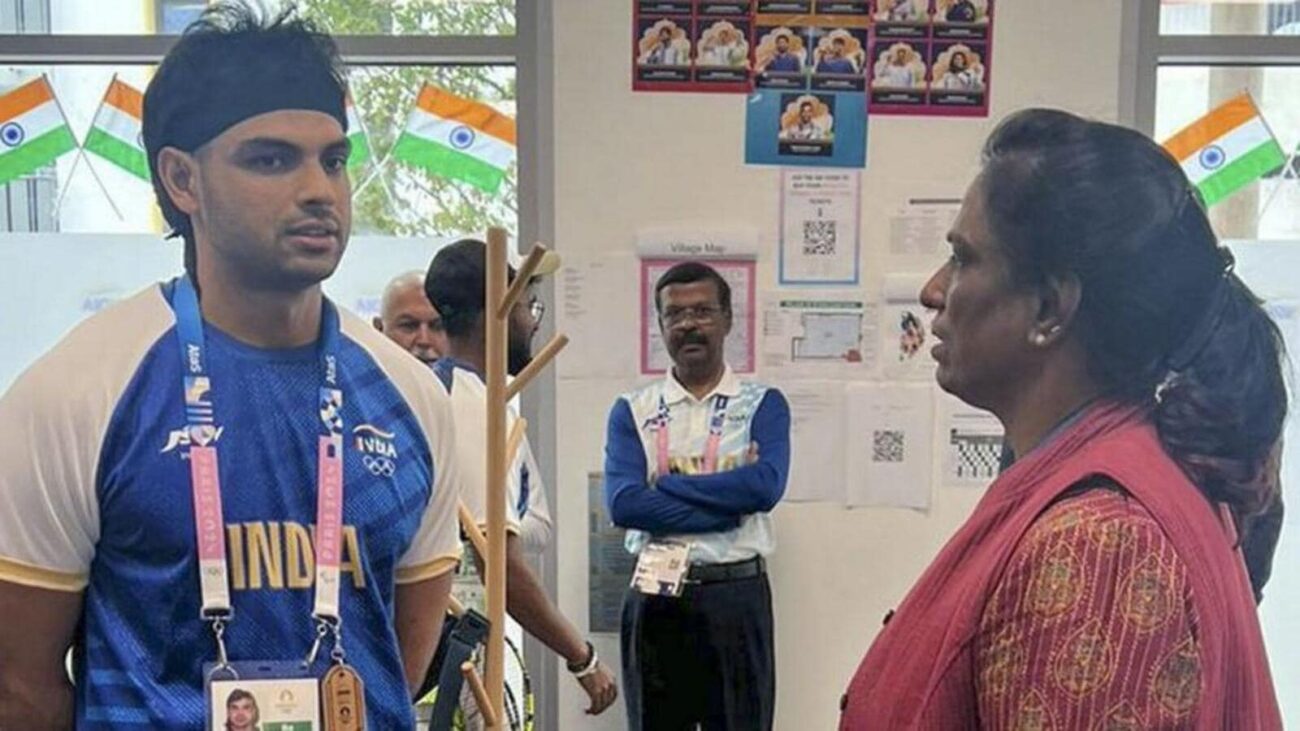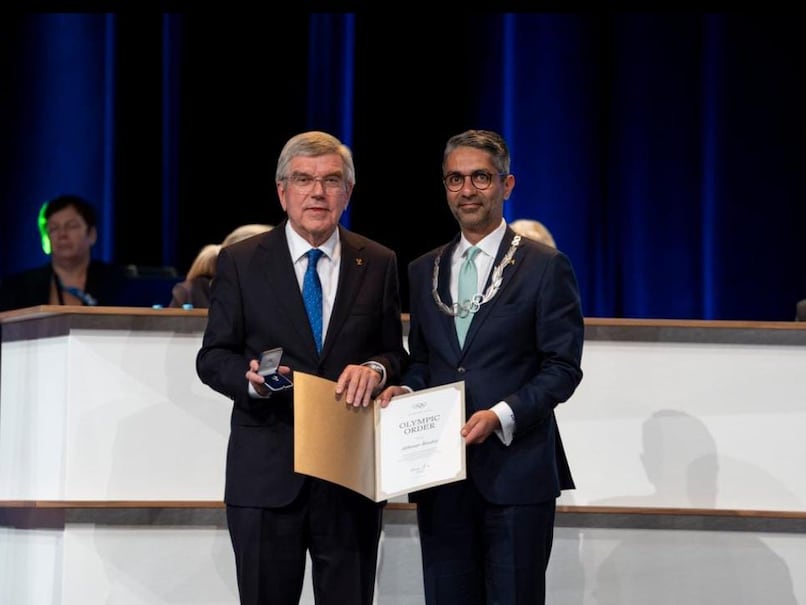Draft National Sports Governance Bill Introduced for Public Consultation
The Ministry of Youth Affairs and Sports has introduced the Draft National Sports Governance Bill, 2024, for public consultation. This significant move aims to reshape the future of Indian sports by introducing modern and flexible governance standards.
The Bill proposes the establishment of a Sports Regulatory Board of India to oversee and regulate National Sports Federations (NSFs). This independent body will ensure compliance with governance standards, protect athlete welfare, and handle recognition and enforcement.
To promote transparency and accountability, the Bill mandates NSFs to implement a Safe Sport Policy and establish an internal grievance mechanism. It also creates an Appellate Sports Tribunal to expedite sports-related disputes, streamlining resolution processes.
The Bill emphasizes gender equality and athlete representation by requiring at least 30% of Executive Committee members to be women and 10% to be Sportspersons of Outstanding Merit. It also encourages grassroots democracy by allowing wider participation in sports federation decision-making.
To ensure continuity and leverage experience, the Bill allows individuals who have served two consecutive terms as President, Secretary General, or Treasurer to serve again after a four-year cooling period.
This Bill is a crucial step towards India’s ambition to host the 2036 Summer Olympics. It aims to elevate the governance standards of NSFs, aligning them with international best practices. The consultation process invites all stakeholders to actively participate and ensure the Bill addresses the needs of India’s sporting community.




